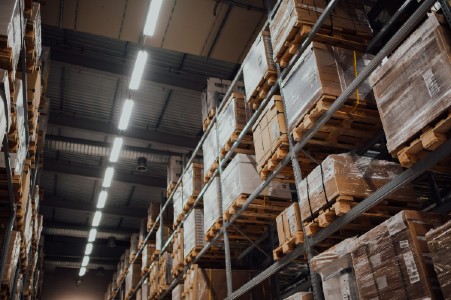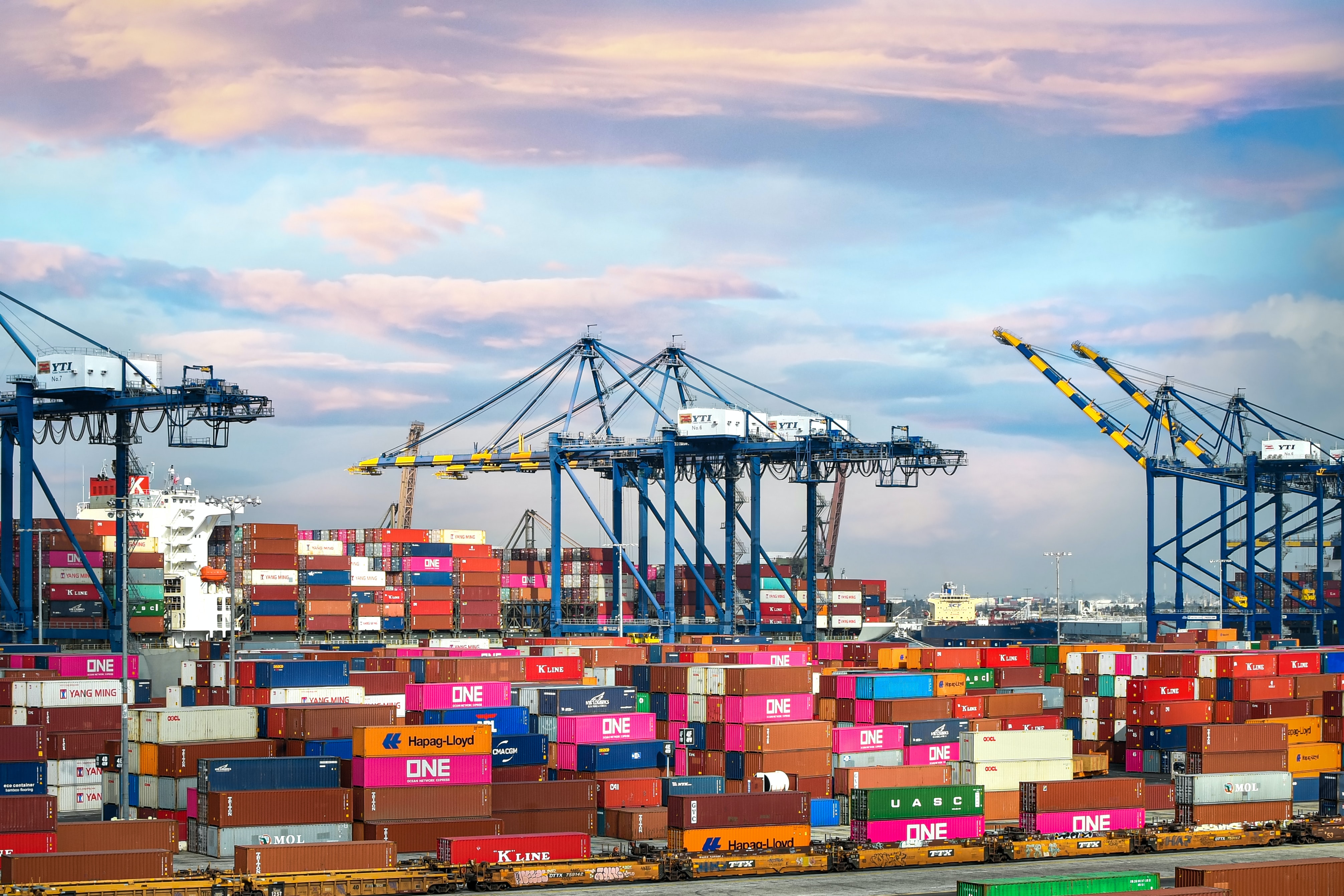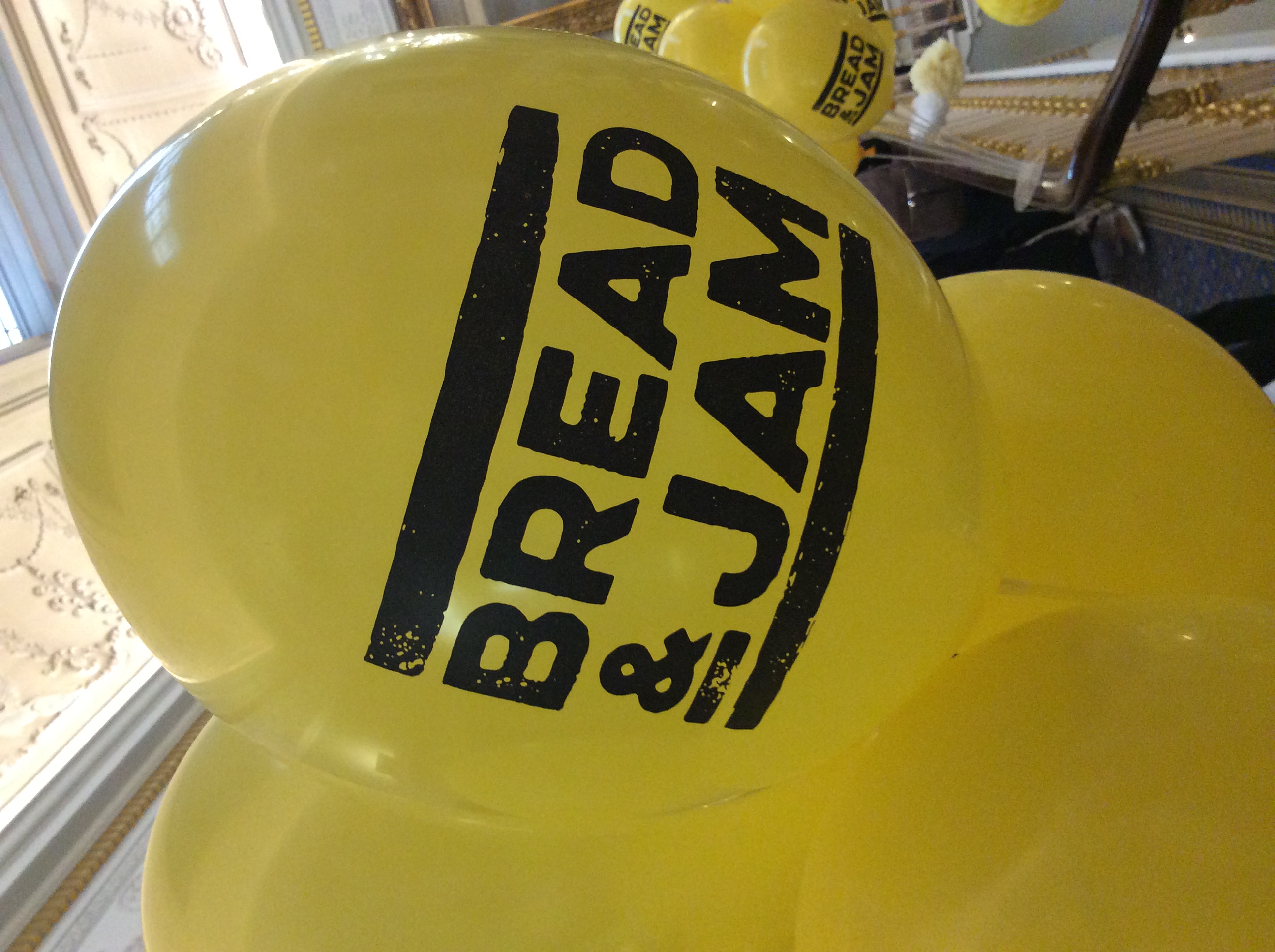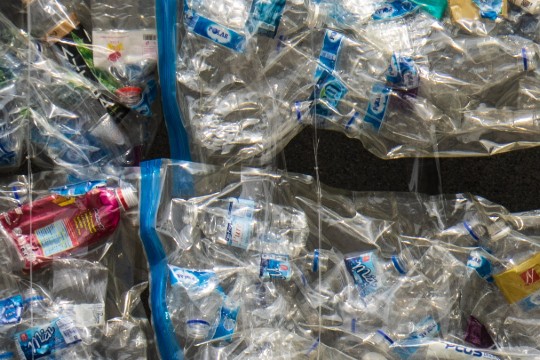May 12, 2022 Industry news
The Future Summit by Bread & Jam saw like-minded brand owners and industry experts come together at London's Conway Hall to share insights on sustainable business.
Powered by GS1 UK, this in-person event provided attendees with the opportunity to connect with others who could support them on their journey, receive practical advice, and hear actionable ideas in a series of founder-led panel discussions.
A plethora of topics were explored throughout that day, ranging from building a profitable business with sustainability at its core and differentiating your brand from “greenwashers”, to decarbonising processes, the secrets of sustainable packaging and tips for ethical sourcing.
We’ve compiled a selection of key takeaways from this one-day event to help founders and brand owners boost their green credentials.

Get to know your business
Part of your role as a CEO, founder, or agent of change is to act as an auditor of your business.
To do this you need to carefully study the data behind your processes and supply chain, get to know your suppliers, and always be willing to question the norm.
This takes time, but it is the only way to stand behind your values and deliver transparency.

Understand the environmental impact of your supply chain
A core message of the panel on “decarbonising business” was the need to embed change early on. Once a supply chain is established, it can be hard to implement change so it is important for brands to find brokers they trust. They key to establishing this trust is transparency which can only be achieved through access to trusted data.
Ensuring continuous access to accurate information is essential for maintaining efficient operations and can help brands leverage suppliers. After analysing their supply chain, peanut and almond butter brand, Pip & Nut, asked Tesco to take full pallets of their product rather than half pallets at a time. Tesco agreed, saving emissions and lowering logistical costs.
Coffee and oat milk producers, Minor Figures, took a similar approach in understanding the environmental impact of their aluminium cans. They had assumed that a high percentage of the aluminium they sourced was virgin until they had access to data that proved otherwise. Equipped with this knowledge, they were able to take steps to lower emissions and reduce the environmental impact of their packaging.

Be proactive in identifying problems
During a session that explored how challenger brands can approach ethical sourcing, PACT Coffee’s Will Corby told the audience that if they hadn’t found room for improvement in their supply chain, they simply weren’t looking hard enough.
He recommended analysing every step in order to identify potential improvements and approaching stakeholders directly to ensure a smooth transfer of information, develop solutions and facilitate fixes. “Make sure you ask questions” he said, “and always go back and check.”

Collaborate to understand cost of carbon
Carbon footprinting all business operations is the best way to understand the hot spots and focus reductions in impact. Pip & Nut co-founder, Pippa Murray, described how working with Carbon Trust had enabled her to develop a full picture of the business’ operations.
She was surprised to learn that agricultural carbon and nut growing accounts for 55% of their environmental impact whereas, although still a major contributor, transportation was significantly lower at 29%. This helped her team focus their efforts and allocate resources more effectively.

Take a holistic view of your supply chain
It was also noted that whilst carbon offsetting can be a great way of helping to combat the climate crisis, a reduction to absolute Net Zero should be the goal of any truly sustainable business.
Pippa stressed that while no one has all the answers, informed decisions can only be made if there is research and data to back them up.
Analysing the performance of your supply chain and conducting research to identify the best possible alternatives will help you make the best decisions, not only for the sake of the planet and affected communities, but also for your business.
Communicate impact
Both regulators and consumers are increasingly on the lookout for “greenwashing”. As defined by the Financial Conduct Authority (FSA), greenwashing is “marketing that portrays an organisation’s products, activities or policies as producing positive environmental outcomes when this is not the case”.

Tesco climate change manager, Rodrigo Barrios, highlighted that sharing your data and evidence in online impact reports not only prevents unwarranted accusations, but can also attract consumers with a genuine belief in your brand purpose or mission.
If consumers want this information, they will find it, so sourcing as much data as you can will enable you to communicate authentically.
Rodrigo also argued that talking about what you hope to achieve is not enough, you need to be able to demonstrate meaningful action if you want to position yourself as seriously sustainable.
Brewgooder, whose range of ethically produced beers fund clean water projects around the world, use digital labelling to directly communicate the brand's purpose and impact to theur consumers.
As well as building the brand around a mission to provide clean water to communities across the world, and publishing regular impact reports online, they have begun producing cans equipped with QR codes that allow their consumers to register and track the positive impact they make by simply enjoying a beer.

The Bread & Jam Festival 2022
The legendary festival returns 19-20 July. A must-attend event for emerging brands, it features over 70 hours of groundbreaking, industry content packed full of trade secrets.

DRS: when will it arrive and what will it look like?
Deposit return schemes (DRS) could be a game changer for UK waste management but implementation needs to be agile with an eye towards the future.
